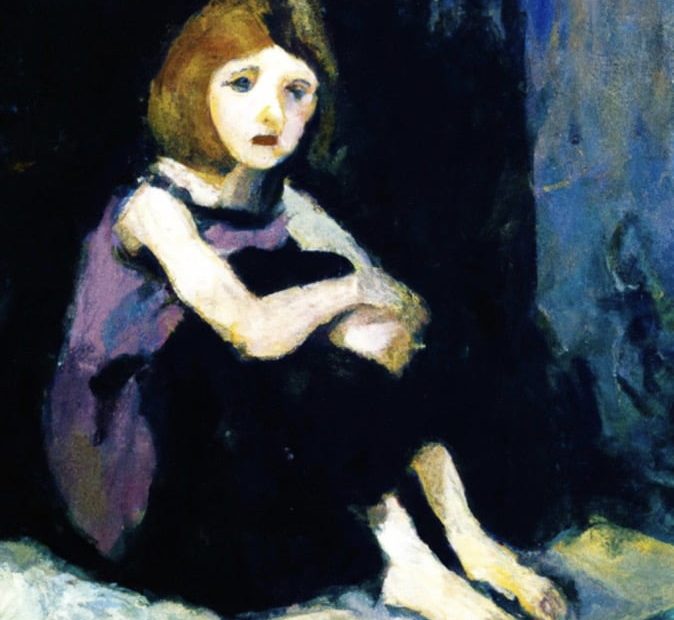In today’s world, the media’s portrayal of vulnerability and suffering is a constant presence. Dr. Lilie Chouliaraki, a professor at the London School of Economics, investigates this intricate dynamic. Her research examines how the narratives presented on our screens shape our responses to suffering, influencing us both as spectators and as citizens. Through television and social media, we engage with stories of hardship that quietly regulate our perspectives and our actions.
Dr. Chouliaraki’s work reveals a significant shift in how we understand solidarity. Historically, solidarity was rooted in a sense of common humanity, where empathy and a moral imperative drove support for others. In the 21st century, however, this has evolved into what she calls “post-humanitarianism.” Here, acts of solidarity are often more entangled with personal identity and consumer choices. This commodification of compassion, frequently seen on social media, tends to favor performative gestures rather than direct engagement with the root causes of vulnerability.
The discussion also addresses the complex role of victimhood in modern politics. Dr. Chouliaraki observes that claiming victimhood has become a strategy, sometimes used by those in positions of privilege. This status can confer both vulnerability and authority, allowing individuals or groups to use their perceived victimhood to deflect responsibility. The challenge then becomes discerning genuine vulnerability from strategic claims, which requires a nuanced understanding of social positions and power dynamics.
This extends to the complexities of visibility, particularly for those with less apparent vulnerabilities like mental or chronic illnesses. Dr. Chouliaraki emphasizes the critical role of narrative in communicating invisible trauma and the consequences of how those narratives are framed, whether with anger or empathy. She argues the crucial task is selecting narratives that acknowledge injury without becoming imprisoned by a victim identity.
Her work reveals the necessity of self-reflection and critical engagement. She advocates for recognizing both the limitations and the opportunities within the language of victimhood. By choosing narratives that acknowledge harm without being defined by it, we can foster a more constructive approach to addressing suffering. This requires moving beyond passive empathy or performative solidarity toward meaningful actions that challenge systemic inequalities.
Dr. Chouliaraki also highlights the role of media ethics and responsibility. While the media can amplify voices and bring suffering to light, it has a duty to frame these stories in ways that promote deeper understanding, not just superficial pity or sensationalism. This means resisting the reduction of complex issues into simple binaries or emotional spectacles, and instead fostering a space for critical thought.
Ultimately, her work is a call to reimagine our response to vulnerability. Instead of treating suffering as a distant spectacle for consumption, she challenges us to see it as a shared condition. By cultivating practices of empathy that are informed and reflexive, we can contribute to a more humanistic and ethical engagement with the world.
About Dr. Lilie Chouliaraki
Professor Lilie Chouliaraki is Chair in Media and Communications at LSE. She holds an MA and PhD from Lancaster University Department of Linguistics and a bachelor’s degree from the School of Philosophy, University of Athens.
In the past twenty-five years, her research has been examining how media shape our ethical and political relationships with vulnerable populations globally and how pain intersects with power relations in disaster news, humanitarian communication, migration, and conflict journalism across historical and digital contexts.
Recently, Chouliaraki has focused on histories of victimhood within emotional capitalism, social media, and far-right populism. Her award-winning book “Wronged: The Weaponization of Victimhood” was published by Columbia University Press in 2024.
She has received numerous international distinctions, including the Outstanding Article Award (ICA, 2014), Outstanding Book of the Year award (ICA, 2015), and Best Book Award (ICA, 2025). She is the only two-time recipient of the Outstanding Book of the Year Award and was named an ICA Fellow in 2020 for her distinguished scholarly contributions.
Imi Lo is an independent consultant who has dedicated her career to helping emotionally intense and highly sensitive people turn their depth into strength. Her three books, Emotional Sensitivity and Intensity, The Gift of Intensity, and The Gift of Empathy, are translated into multiple languages.
Imi holds three master's degrees in Mental Health, Buddhist Studies, and Global Cultures, alongside training in philosophical counseling, Jungian psychology, and other modalities. Her multicultural perspective has been enriched by living and working across the UK, Australia, and Asia, including with organizations such as Médecins Sans Frontières/Doctors Without Borders and the NHS (UK). Throughout her career, she has served as a psychotherapist, art therapist, suicide crisis social worker, mental health supervisor, and trainer for mental health professionals.
You can contact Imi for a one-to-one consulting session tailored to your specific needs.

